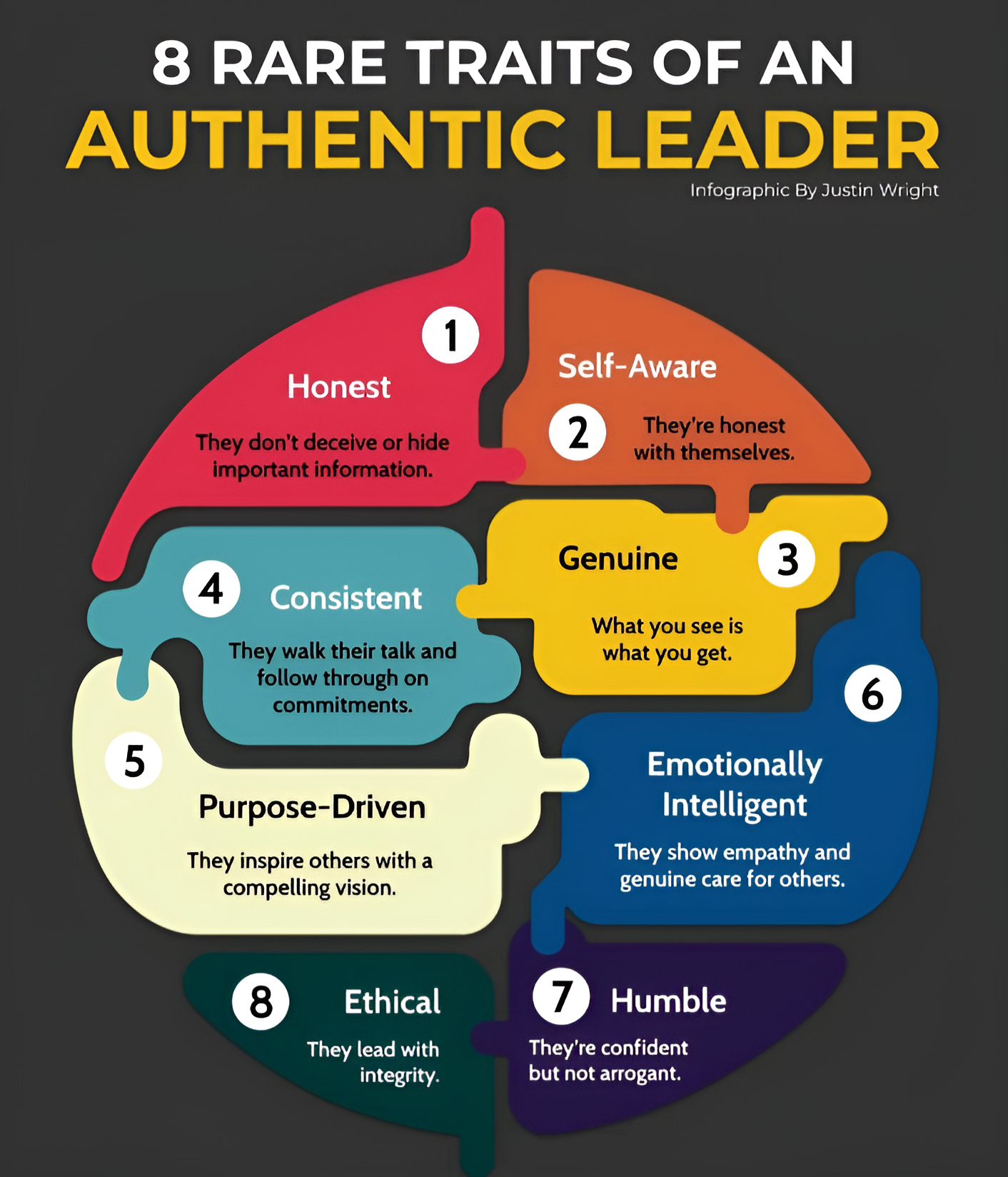Back
SHIV DIXIT
CHAIRMAN - BITEX IND... • 1y
📖 DAILY BOOK SUMMARIES 📖 🔗 DIRECT FREE E-BOOK DOWNLOAD LINK AVAILABLE — https://drive.google.com/file/d/1JpMNG51pIb5JIcA2RAgFI45n4iQ0N-fn/view?usp=drivesdk 🔥 Leadership and Self-Deception🔥 🚀 20 Lessons 👉 ✨ Arbinger Institute ✨ 1. Self-Deception Defined • Self-deception is the inability to see our own role in problems, leading to distorted perceptions of others and situations. 2. The "Box" Metaphor • The "box" represents being trapped in self-deception, where we see others as objects rather than people with feelings and needs. 3. Impact on Leadership • Leaders in the box create toxic environments, harming relationships, teamwork, and overall effectiveness. 4. Seeing Others as People • The book emphasizes the importance of recognizing others as individuals with unique needs, emotions, and concerns. 5. Self-Betrayal • Self-betrayal occurs when we act contrary to our sense of what is right, triggering self-deception. 6. Blaming Others • In self-deception, we justify our actions by blaming others for problems, worsening conflicts and misunderstandings. 7. Collusion • Self-deception creates a cycle of mutual blame and justification, leading to ongoing conflict and dysfunction. 8. Getting Out of the Box • To escape the box, we must acknowledge our own flaws, take responsibility for our actions, and stop blaming others. 9. Empathy and Understanding • Practicing empathy helps us see situations from others' perspectives, fostering trust and collaboration. 10. The Role of Leadership • Leaders must model "out-of-the-box" behavior to create a positive, people-centered workplace culture 11. Personal Accountability • True leadership begins with personal accountability, focusing on improving ourselves rather than fixing others 12. Impact on Relationships • Getting out of the box strengthens relationships, reduces conflict, and enhances team dynamics 13. Changing Mindsets • The book emphasizes shifting from a self-centered mindset to a people-centered approach 14. Focus on Contribution • Leaders should focus on how they can contribute to solutions rather than defending their position 15. The Influence of Culture • Organizational culture shapes behavior; leaders must create environments that promote openness and respect 16. Breaking the Cycle • By stepping out of the box, leaders can break cycles of blame and mistrust, fostering healthier interactions 17. Sustained Change • Long-term change requires consistent effort to remain out of the box, especially in challenging situations 18. The Power of Self-Awareness • Developing self-awareness is crucial for identifying when we’re in the box and how to get out. 19. Leadership as Service • True leadership is about serving others, prioritizing their needs, and building genuine connections 20. Transformational Leadership • Leaders who operate out of the box inspire transformation in their teams, driving collaboration and success

More like this
Recommendations from Medial
Sanjay Srivastav. Footwear Designer
Hey I am on Medial • 1y
The crab in the box knows neither the pond, the river, or the sea. But he will never do anything to climb out and discover new possibilities. If you tell him to climb, he has the best excuse "The others are pulling me down." High time we dismantle th
See MoreHemant Prajapati
•
Techsaga Corporations • 1y
Hey Medial Fam !! 🌟 I'm excited to share my latest blog post on Medium about a topic that's close to my heart: The Importance of Emotional Intelligence in Leadership. 💼❤️ In this post, I dive into: 🔹 Understanding Emotional Intelligence (EQ) 🤔
See MoreMehul Fanawala
•
The Clueless Company • 1y
Employers, beware of these 7 red flags that indicate poor leadership skills: 1. Inability to Empower Others ↳ Leaders who micromanage or fail to delegate show insecurity and undermine their team's confidence. 2. Failure to Provide Feedback ↳
See MoreYash Barnwal
Gareeb Investor • 1y
8 Rare Traits of an Authentic Leader, highlighting qualities such as honesty, self-awareness, consistency, being genuine, purpose-driven, emotionally intelligent, humble, and ethical leadership. These traits form the foundation of effective and trust
See More
Download the medial app to read full posts, comements and news.






















/entrackr/media/post_attachments/wp-content/uploads/2021/08/Accel-1.jpg)



















